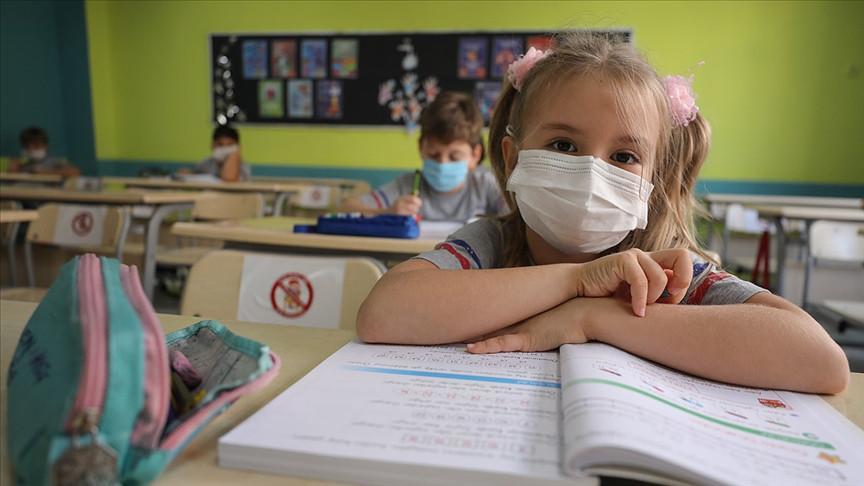
Education level in Turkey will go back 30 years if schools remain closed for another six months, experts have warned, indicating that 15 percent of children who are deprived of face-to-face education due to the pandemic will not be able to return to schools.
As the COVID-19 pandemic worsened in countries across the globe, most governments took the precaution of closing their schools in an attempt to contain the spread of the virus and schools were forced to replace in-class with online learning.
In Turkey, face-to-face education has been interrupted many times over the past year due to the lockdowns. Authorities have said a decision regarding face-to-face education will be shared with the public when the latest situation on the pandemic is evaluated.
Prior to the announcement of the decision, experts point out that children are faced with possible issues as dangerous as the coronavirus, noting that schools should remain open for their wellbeing.
There are nearly 3 million students who cannot access online learning in Turkey, according to the data of the Education Ministry.
More than 5 million students are not able to use the Education Information Network (EBA) actively, and 160,000 students have the risk of leaving school, according to the report of TEDMEM, a think tank of the Turkish Education Association.
Some 710,000 children between the ages of 6-17 are also out of school and there is no information about the reasons for this situation.
Experts say that the number of those starting to work is increasing among the children who are disconnected from the education system, pointing out that girls were forced into marriage at an early age.
“The proportion of those who do not return to school later varies between 13 percent and 25 percent in countries that interrupt school during epidemics and natural disasters in different parts of the world. Girls are three times more likely to not return than boys,” said Tomris Cesuroğlu, a community health genealogy specialist from Amsterdam Vrije University.
“If we estimate that 15 percent of the 18.3 million students in Turkey will not return to school, it means that about 3 million children and young people will not continue their education,” said Cesuroğlu, adding that the education level will go back 30 years if schools are closed for another six months.
“These children are either forced to work or get married. [Girls] were married at the age of 13, while [boys] were given to industry as apprentices, they will not be able to return to school,” she noted.
Dicle Yücekaya, an official from the Support to Life Association, pointed out that their experts in the field have encountered a large number of new child workers in bakeries and workshops in the southeastern province of Şanlıurfa and illegal textile workshops in Istanbul.
Tuba Demirci, an official from Uçan Süpürge Association, drew attention to the fact that new priorities emerged during the pandemic and that the state control over girls among the groups held with special efforts in education was eroded.
“For this reason, it is expected that the number of child marriages, which has regressed in recent years, will increase at least 10 percent in the near future,” Demirci said.